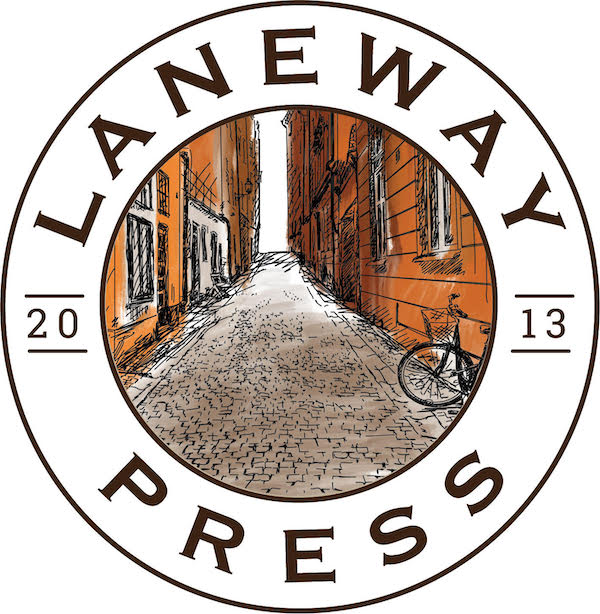10 tips on overcoming writer’s block (Part 2)
Writer’s block is the writer’s lot. It’s the bane of our existence. Even I wasn’t immune from it when writing this (the irony isn’t lost on me). But overcoming writer’s block isn’t as impossible as it may seem when in the midst of it. There’s help, and hope, to be found if you need it.
In part 1, I mentioned Neil Gaiman’s sage advice on how to stop procrastinating: ‘You don’t have to write. You have permission to not write, but you don’t have permission to do anything else’. When all you’re allowed to do is write, or do nothing, eventually doing nothing will get boring, and writing will, at least, make things more interesting.
Overcoming writer’s block takes grit. But writers are made of tough stuff. It’s why we’re willing to pour another cup of coffee, knowing we won’t be able to fall sleep later, but at least it will help us get through writing a difficult scene. So don’t let yourself fall into the despair of writer’s block. Just as one small thing can take away your creative flow, another small thing can bring it back. So take a look at part 2 of these tips and tricks on overcoming writer’s block!
6. Turn writing into a routine
There are as many types of writers as there are people, but many of them fall into the category of ‘creative types’ who wait for their lightbulb moment to strike before they get their pen or laptops out and start writing.
Sure you can wait for inspiration. And wait. And wait some more. The lucky might only be waiting a few hours or days, others might be waiting weeks, months or years.
The only way to get around this is to stop thinking of writing as a purely creative output and think of it as a discipline, a habit to get into like exercise.
Harper Lee says:
‘To be a serious writer requires discipline that is iron fisted. It’s sitting down and doing it whether you think you have it in you or not. Everyday. Alone. Without interruption. Contrary to what people think, there is no glamour to writing. In fact, it’s heartbreak most of the time’.
Don’t wait for creativity to strike. Write when you don’t want to, and if you let yourself fail (tip number 5 of the previous blog!), then even if you’re writing rubbish, at least you’re writing.
7. Skip the beginning
There’s no rule that says you have to write in chronological order. This isn’t saying you should write your novel in Memento level disorder. It’s saying that if you’re stuck in a scene in your manuscript, skip that bit. Go to the middle or the end. Go to whatever scene gets you writing. You might even find that by writing out of order, or skipping scenes, you’ll discover the reason you got stuck in the first place is you don’t need that scene to begin with.
8. Overcoming writer’s block can be as simple as changing POV
Changing the point of view of your story is a great way of overcoming writer’s block. It will freshen things up, give you an interesting perspective of a scene, and perhaps lead to a unique creative direction.
So write in the perspective of the protagonists best friend, or their dog, or the mirror on the wall – experiment, have fun, but most importantly, write.
9. Write it as a screenplay
This is one of my favourite tips, one I frequently use on long-form novels or dialogue-heavy stories. When I want to stop procrastinating, I write the story as a screenplay. By removing the need to write lyrical prose, I’m keeping the action of the story going, just in a different form. The focus is still on the characters, dialogue and plot – but without the need to write amazing Nobel Prize-level prose, my inner critic is dampened.
Doing this can turn your first draft into an extended, extremely detailed outline. It makes the second draft an easy task, one where all you have to do is fill in the gaps. The dialogue is already there, so now you can focus on those beautiful poetical lines that are easy to obsess over (and consequently procrastinate) in the first draft.
10. Still stuck on overcoming writer’s block? Read!
I know, I know. This is going against tip number 2 – write, or do nothing, but don’t do anything but write. But let’s be realistic. If you’re a writer, chances are you’re a reader, too (and if you’re not a reader, then you need to become one!).
One way I get out of writer’s blocks is to find ways to be inspired. This can mean many things to different people – some might get inspiration on their daily walks, or a visit to a museum, or a strange conversation overheard on the train. But a writer’s first love stems from books – and what better place to get new inspiration than reading?
So here’s my tip. If you’re a romance writer who wants to overcome writer’s block, read a crime novel. If you want to stop procrastinating as a fantasy writer, read a nonfiction book on gardening. The point is, read something entirely new. A genre you haven’t read before or a book that’s just so off-the-wall odd that you never thought to read it before.
Inspiration is a funny thing. It comes out of nowhere, often in the strangest places. So take your reader’s brain to strange, far off places outside of your comfort zone. Perhaps you will get inspired to do something different with your novel, creating a unique selling point that will set your book apart from others in the market.
Writing is tough. It requires discipline and self-control of the highest degree. It’s not the glamorous activity we see in movies – sitting in a cute café or old pub, scribbling in a moleskin and conjuring up worlds. In reality, it’s waking up, wrestling with your inner procrastinating demons that are telling you to do anything but write, and making yourself write. It’s a constant struggle, made all the worse when you’re hit with writer’s block.

